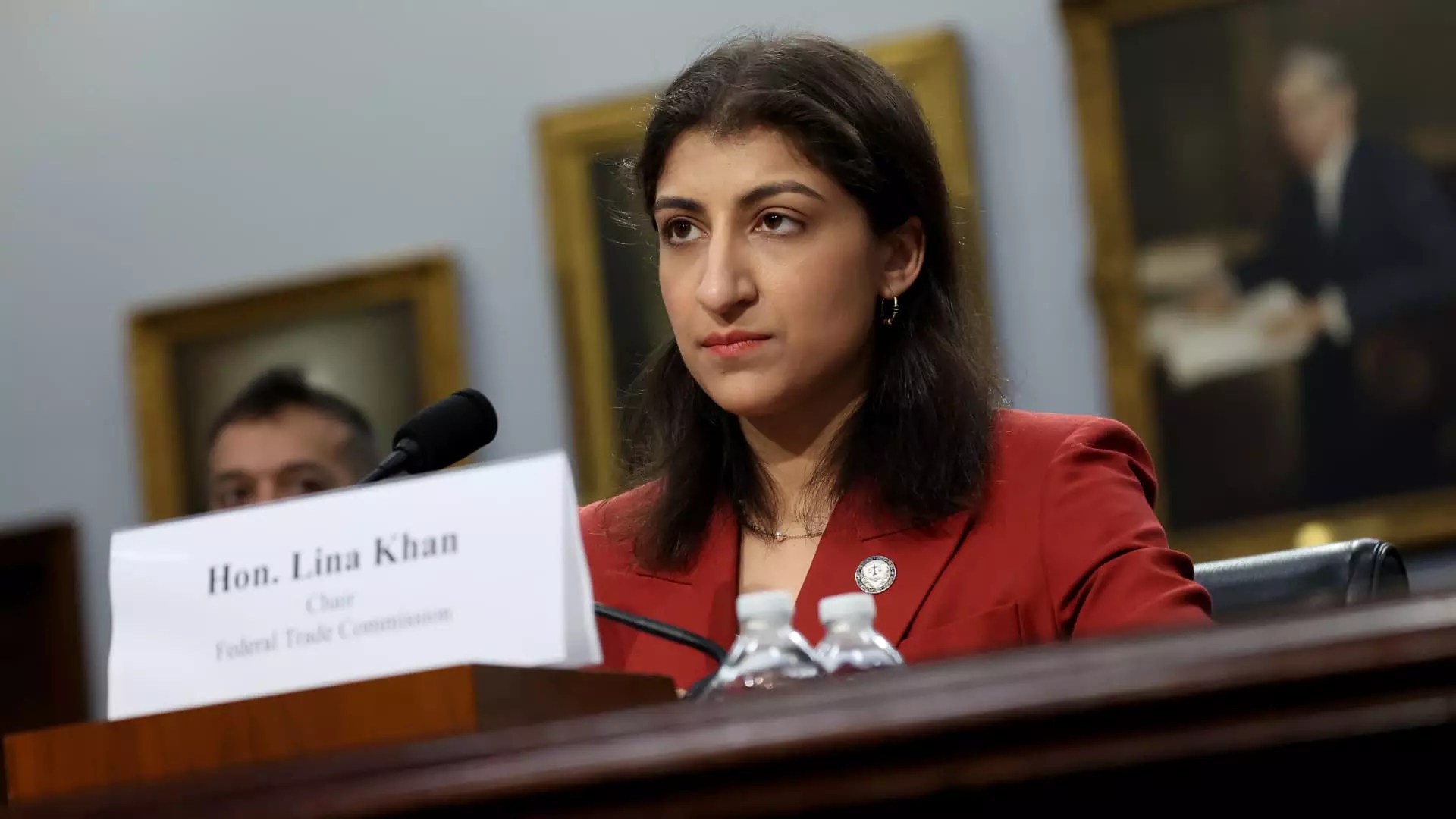On a pivotal Friday, the Federal Trade Commission (FTC) filed a major lawsuit against three sizable U.S. health companies that act as intermediaries in the insulin pricing system. These companies, known as pharmacy benefit managers (PBMs), are accused of employing strategies that inflate insulin costs for patients while simultaneously padding their profit margins. The targets of this lawsuit are the leading PBMs: UnitedHealth Group’s Optum Rx, CVS Health’s Caremark, and Cigna’s Express Scripts. Collectively, these entities manage about 80% of prescription medications in the United States, a fact that underscores their significant influence over drug pricing.
The inclusion of each PBM’s affiliated group purchasing organization in the lawsuit is particularly crucial. These organizations negotiate drug purchases on behalf of hospitals and healthcare providers, thereby amplifying the scrutiny on the entire insulin supply chain. The FTC’s actions reflect a growing concern about the systemic issues associated with rising insulin prices, with a warning that the agency may also explore potential legal actions against major insulin manufacturers like Eli Lilly, Sanofi, and Novo Nordisk for contributing to this crisis.
The responses from the accused PBMs paint a picture of defiance against the FTC’s allegations. CVS Health’s spokesperson highlighted the company’s pride in its initiatives to make insulin more affordable. They dismissed the FTC’s claims as an inaccurate representation of their efforts. In a similar vein, Express Scripts characterized the lawsuit as part of a worrying trend of unfounded attacks from the FTC, insisting that they are unjustly portrayed as villains in the healthcare narrative. UnitedHealth Group, however, has remained largely quiet, a silence that raises questions about their steadfastness in addressing these serious allegations.
Critically, these defenses from PBMs overlook the larger context—the systemic patterns noted by the FTC that prioritize profits over patient care. As the FTC investigates the methodologies and practices employed by these middlemen, it draws attention to what it describes as a “perverse” rebate system. This arrangement reportedly favors high-priced insulin products in exchange for greater rebates, thereby artificially inflating list prices and making essential medication unaffordable for countless patients with diabetes.
The importance of insulin access cannot be overstated. Approximately eight million Americans with diabetes depend on insulin for survival, and the skyrocketing costs over the past decade pose a grave threat. Many patients find themselves rationing their insulin, a practice that can lead to devastating health consequences. The FTC’s lawsuit brings this pressing issue into the spotlight, illustrating the negative impact of powerful PBMs on vulnerable populations.
On a legislative level, President Joe Biden’s Inflation Reduction Act has attempted to address the insulin affordability crisis by capping the monthly cost for Medicare beneficiaries at $35. Nevertheless, this cap does not apply to individuals with private insurance, leaving many still struggling with astronomical costs. The current landscape highlighted by the FTC demonstrates how both the pharmaceutical and insurance industries must grapple with a system that is failing to serve the very individuals it is designed to support.
The FTC’s investigation results echo a broader demand for transparency within the PBM industry. As the administration and Congress push for measures to unveil the hidden complexities of drug pricing, many question the practices that allow PBMs to thrive at the expense of patient health. Americans are now paying significantly more for their medications compared to patients in other developed nations, prompting urgent calls for reform.
One of the core issues that the FTC identifies is how insulin manufacturers inflate prices as a response to PBMs demanding higher rebates. The report highlights shocking statistics, such as the price of Eli Lilly’s Humalog insulin, which has seen an increase of over 1,200% from 1999 to 2017. Such data underscores the need for a thorough examination of the industry and the practices contributing to exorbitant out-of-pocket costs for essential medications.
The FTC’s lawsuit against major PBMs marks a critical entry point into the broader dialogue about drug pricing and the mechanisms that lead to inflated healthcare costs. As this lawsuit unfolds, it stands to potentially recalibrate how insulin and other lifesaving medications are priced in the United States, fostering a system where patient needs are prioritized over profits. The ripple effects of this legal action could inspire a vital rethink of healthcare practices, with implications that stretch beyond insulin into the future of drug affordability as a whole.


Leave a Reply